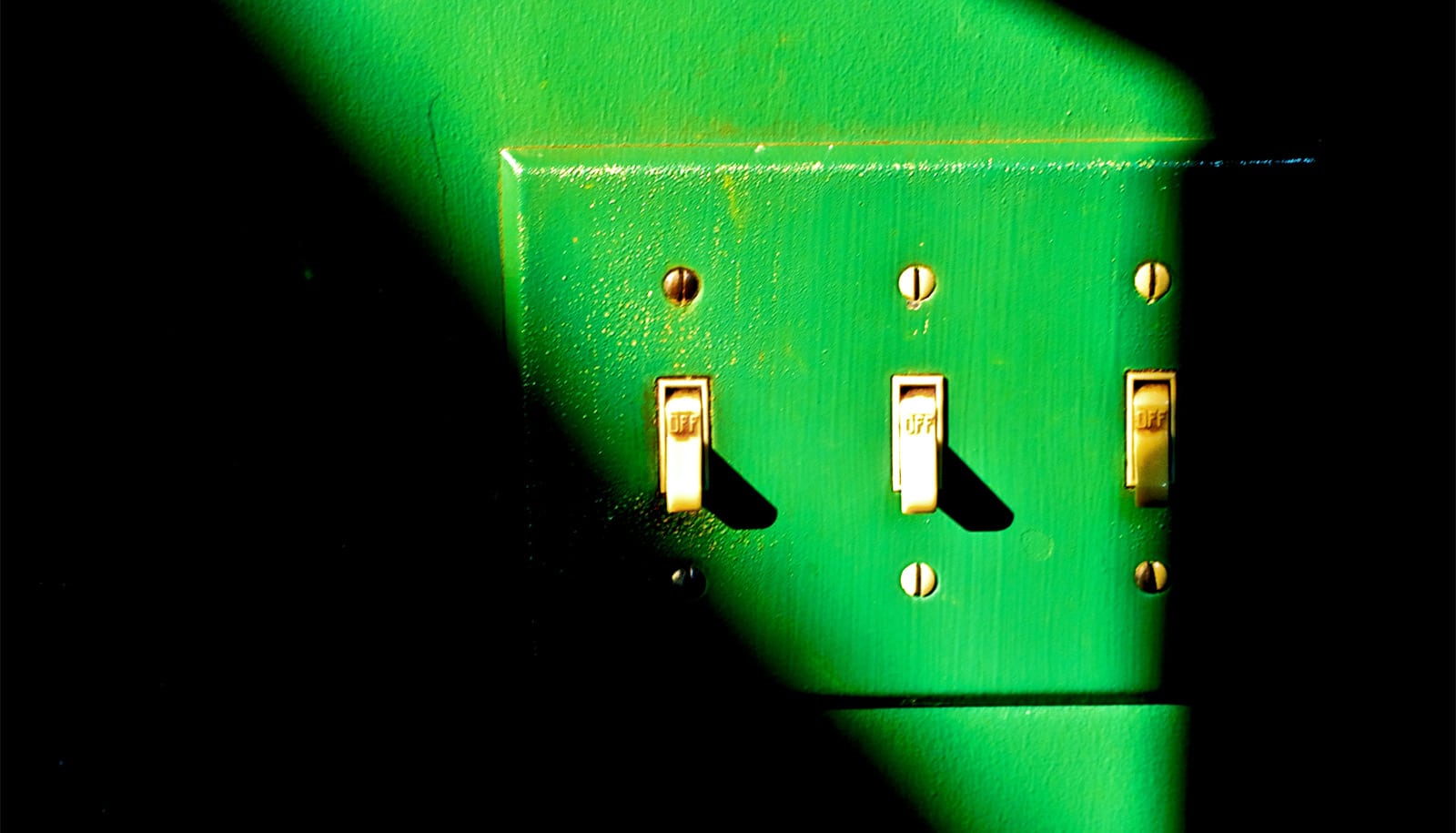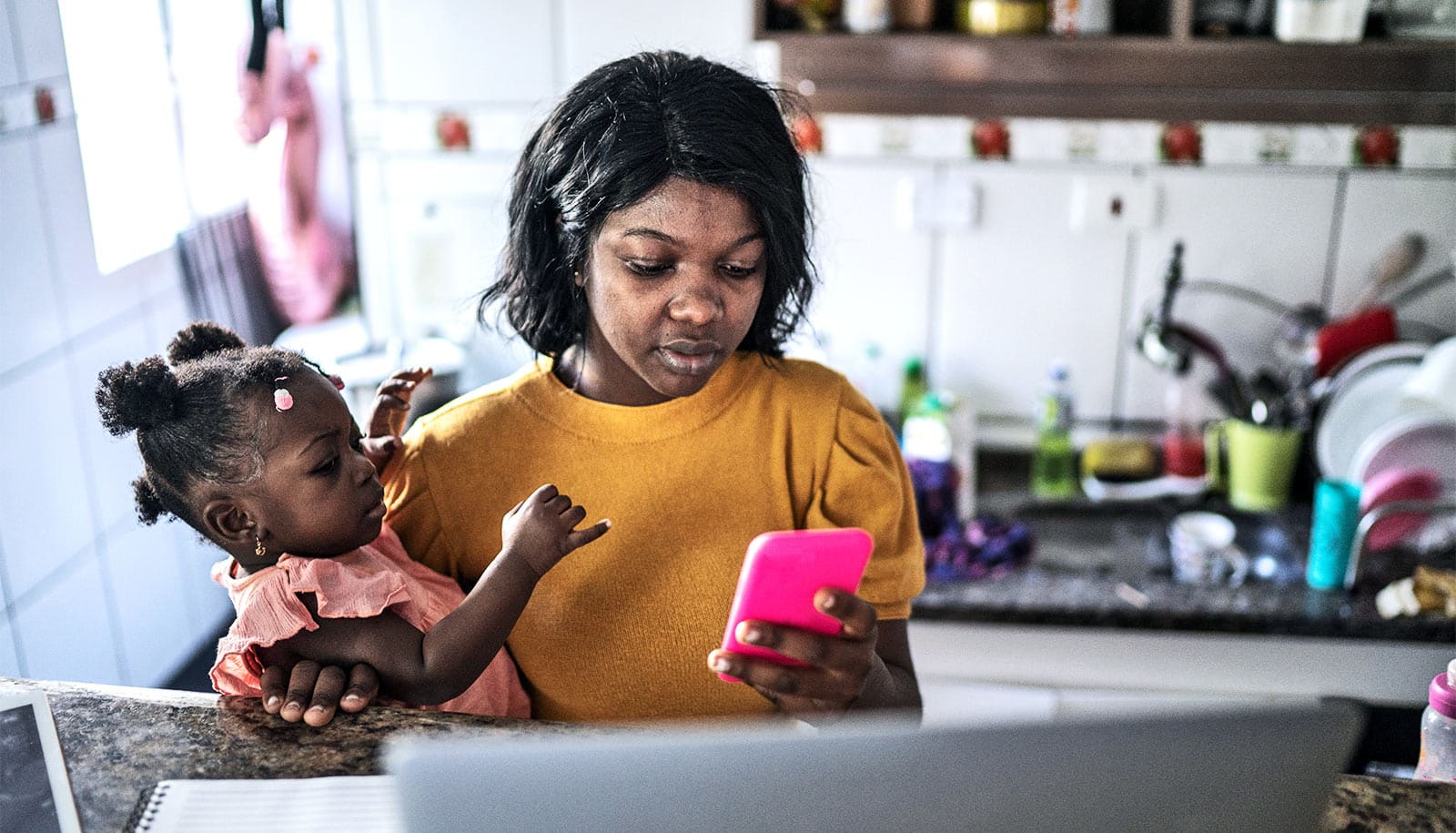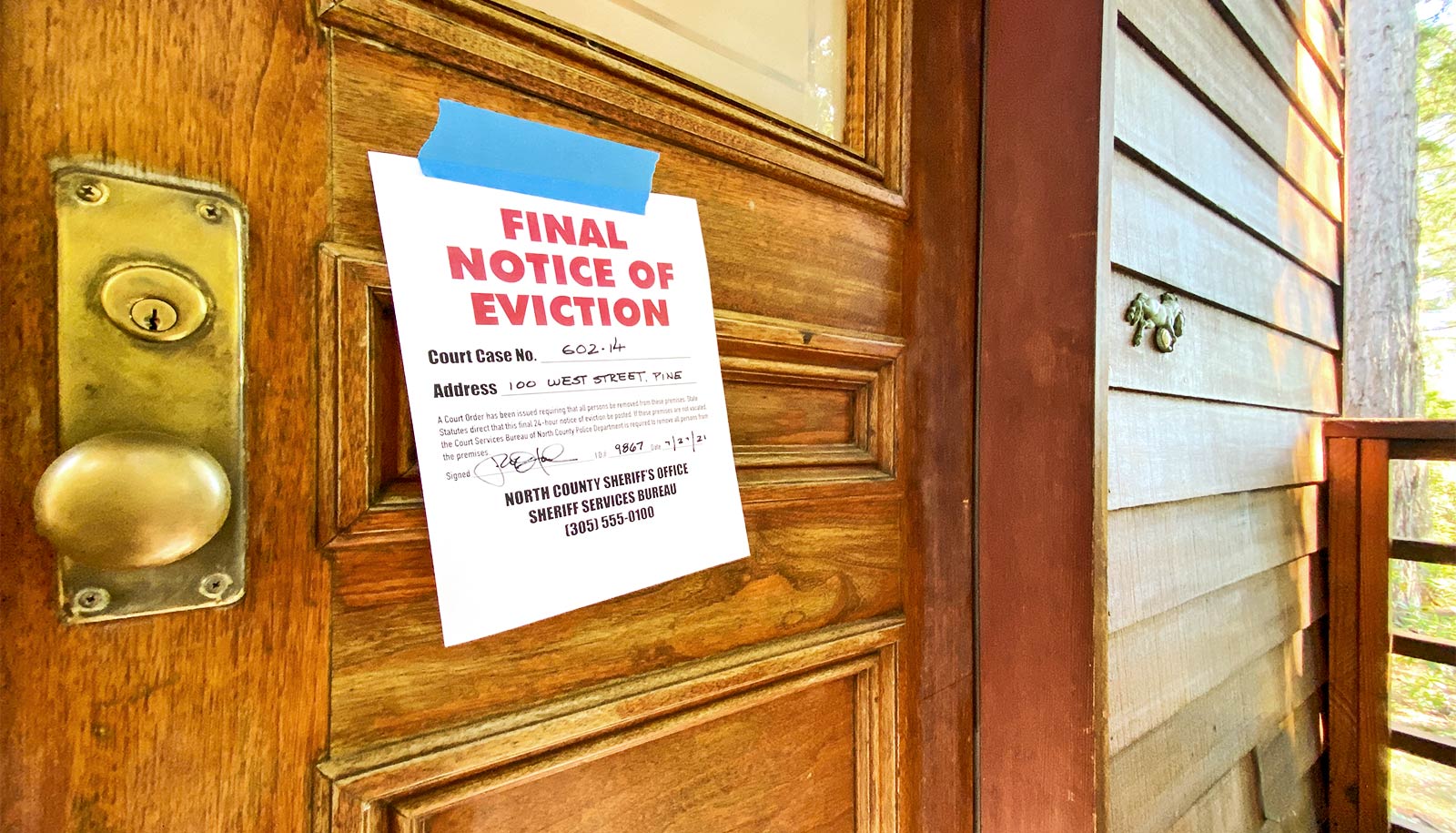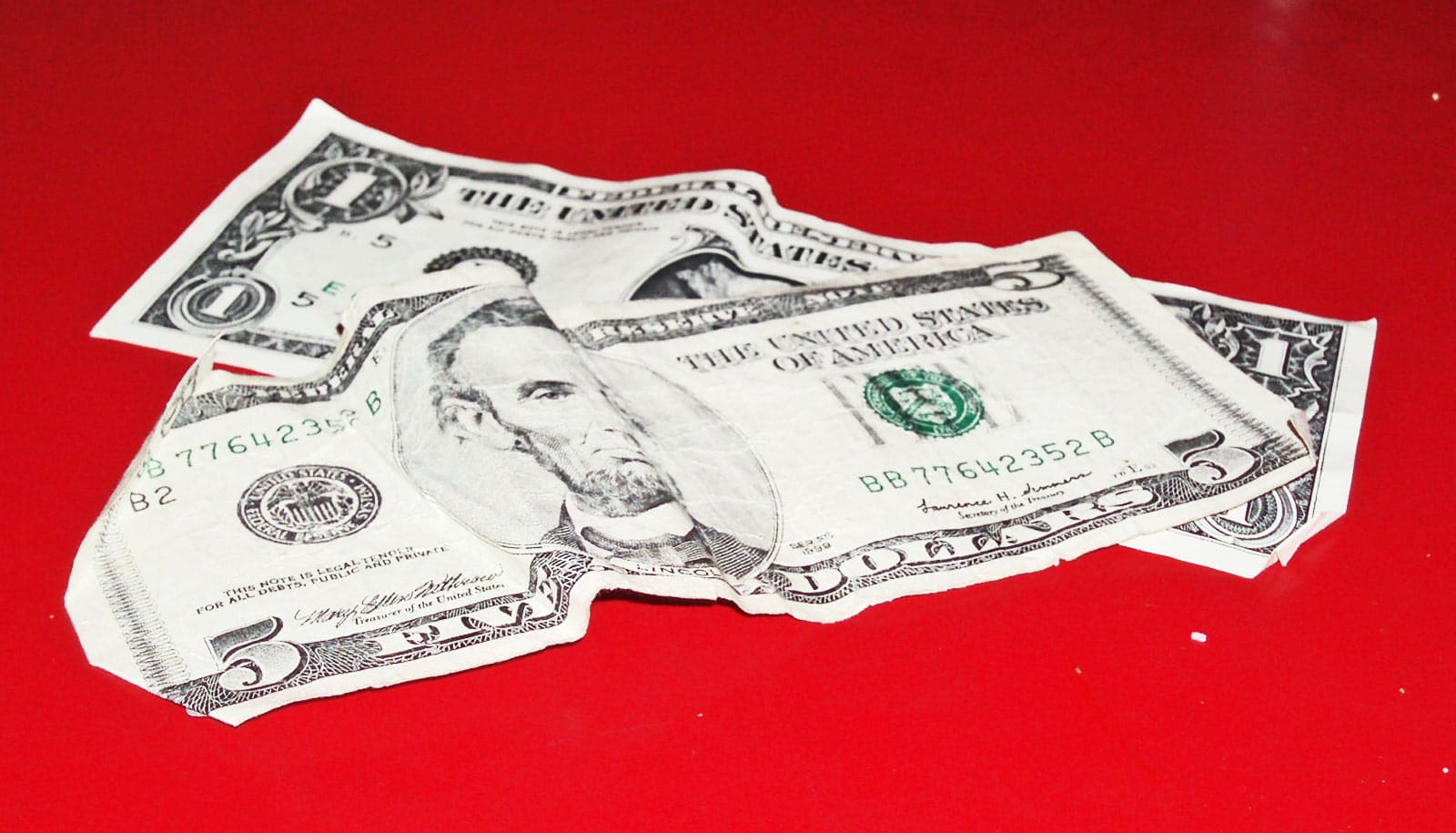Nearly 4.8 million low-income American households couldn’t pay an energy bill last year, a problem that intensified during the early months of the COVID-19 pandemic.
Low-income Black and Hispanic households were especially vulnerable to energy insecurity, as were households with small children or people who relied on electronic medical devices, and those with inefficient housing conditions.
For a new study, published in Nature Energy, researchers analyzed the results of a nationally representative survey of 2,381 adults below the federal poverty line. Conducted in April and May 2020, the survey allowed researchers to study energy insecurity during both “normal” circumstances and in the early months of the COVID-19 pandemic.
“We already knew that certain populations were at a higher risk of not being able to pay an energy bill or having their power cut off, but our research demonstrates that COVID-19 made the problem much worse,” says coauthor Sanya Carley.
“Many people who were struggling to meet their basic energy needs before the pandemic were the same people who were more likely to get the virus, more likely to experience economic hardship because of the virus, and less likely to receive a stimulus check that could have helped them pay their energy bills.”
Some of the findings showed that:
- 25% of survey respondents were unable to pay an energy bill within the past year, and 10% had their power disconnected. Estimates suggest that these numbers jumped at the onset of the pandemic.
- Black and Hispanic households were significantly more likely to have their utility service disconnected than the white respondents. These inequalities persisted even when income was accounted for, and estimates suggest that they were exacerbated during the pandemic.
- Households with a member who experienced symptoms of or was diagnosed with COVID-19 had greater odds of being unable to pay their energy bill.
People unable to meet their basic energy needs may be prone to risky coping mechanisms, like pursuing high-interest payday loans, relying on dangerous heating sources like space heaters or ovens, or forgoing basic needs like food and medical care.
They are also more likely to remain in poverty for longer periods of time, and more likely to suffer adverse mental and physical health consequences.
Households that received a stimulus check from the federal government through the CARES Act had greater odds of avoiding utility disconnection. However, only one-third of the households surveyed reported receiving a check. Those that did not receive a check may have lacked a bank account or a stable residential address, which the authors note may indicate that they were particularly economically vulnerable.
“Providing direct financial assistance to households that need it is a useful tool in fighting energy insecurity. However, the fact that so few households reported receiving assistance demonstrates how difficult these types of programs can be to administer,” says coauthor David Konisky.
“In the short-term, we need to continue to employ other tools like temporary shut-off protections and expanded unemployment insurance. We also need to make long-term investments in efficiency programs to help households afford energy.”
Source: Indiana University



